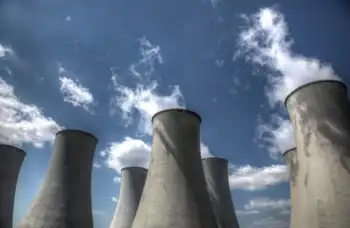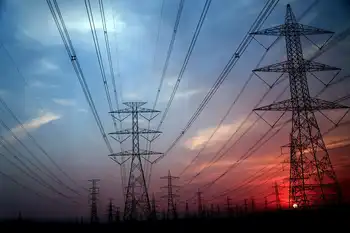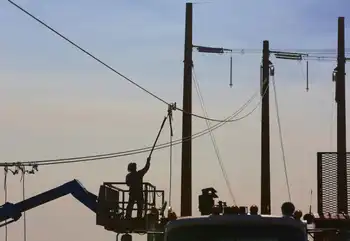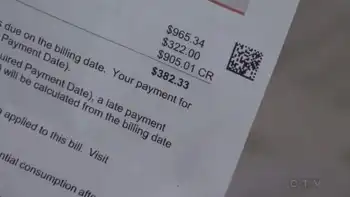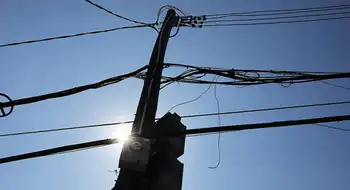Paraguay looks to renegotiate Brazil energy deal
By San Francisco Chronicle
Arc Flash Training CSA Z462 - Electrical Safety Essentials
Our customized live online or in‑person group training can be delivered to your staff at your location.

- Live Online
- 6 hours Instructor-led
- Group Training Available
Brazil has resisted new terms for distributing electricity and profit from the Itaipu dam, established by a 1970s-era treaty between the neighboring countries. But Lugo said Brazilian President Luiz Inacio Lula da Silva is willing to debate the issue.
"Who said you can't change a treaty?" Lugo told reporters in Sao Paulo before heading to Brasilia to meet Silva. "You can change anything when there's a will, when (the current situation) doesn't fit the challenges of the modern world."
After meeting for three hours, Lugo and Silva ordered high-ranking officials to discuss Paraguay's complaints soon. Brazilian Foreign minister Celso Amorim told reporters that Brazil won't change the terms of the treaty, but is open to "creative solutions" he did not describe in detail.
The treaty now gives each nation half the electricity the dam generates. Paraguay, whose population is less than 4 percent the size of Brazil's, sells most of its share back to Brazil for US$100 million a year — ensuring that the dam provides 20 percent of electric power consumed by Latin America's largest economy.
Lugo's leftist administration, which took office last month ending 61 years of one-party conservative rule, wants to increase those charges by as much as US$2 billion a year.
Brazil — which sorely needs all the energy it can get to fuel its booming economy — financed the dam's entire construction, spending US$12.2 billion. Still, most Paraguayans think they should charge market prices for its electricity, or be allowed to sell it to other nations at a higher cost.
The treaty, signed in 1973 when dictators ruled both countries, expires in 2023. Both nations can agree to modify it, but Brazilian officials have insisted they won't.
The Itaipu dam has been the world's top hydroelectric producer since it started operating in 1980, although it will lose that distinction next year when China's Three Gorges dam begins generating power.
Paraguay has 6.7 million citizens compared to Brazil's nearly 190 million, and would never be able to use the excess energy now flowing to Brazil. The landlocked, mostly rural country even lacks transmission lines to boost consumption, which has stalled economic growth. Brazil offered a US$200 million loan to build that infrastructure, but many Paraguayans dismissed that gesture as an insult.
Lugo refused to say whether he shared his countrymen's sentiment, saying such discussion would start negotiations with Silva out on the wrong foot.
One of Lugo's political rivals, retired Paraguayan Gen. Lino Cesar Oviedo, was quick to criticize Lugo's trip. The president "is wasting his time because Brazil has already announced it won't renegotiate the treaty," Oviedo said.






